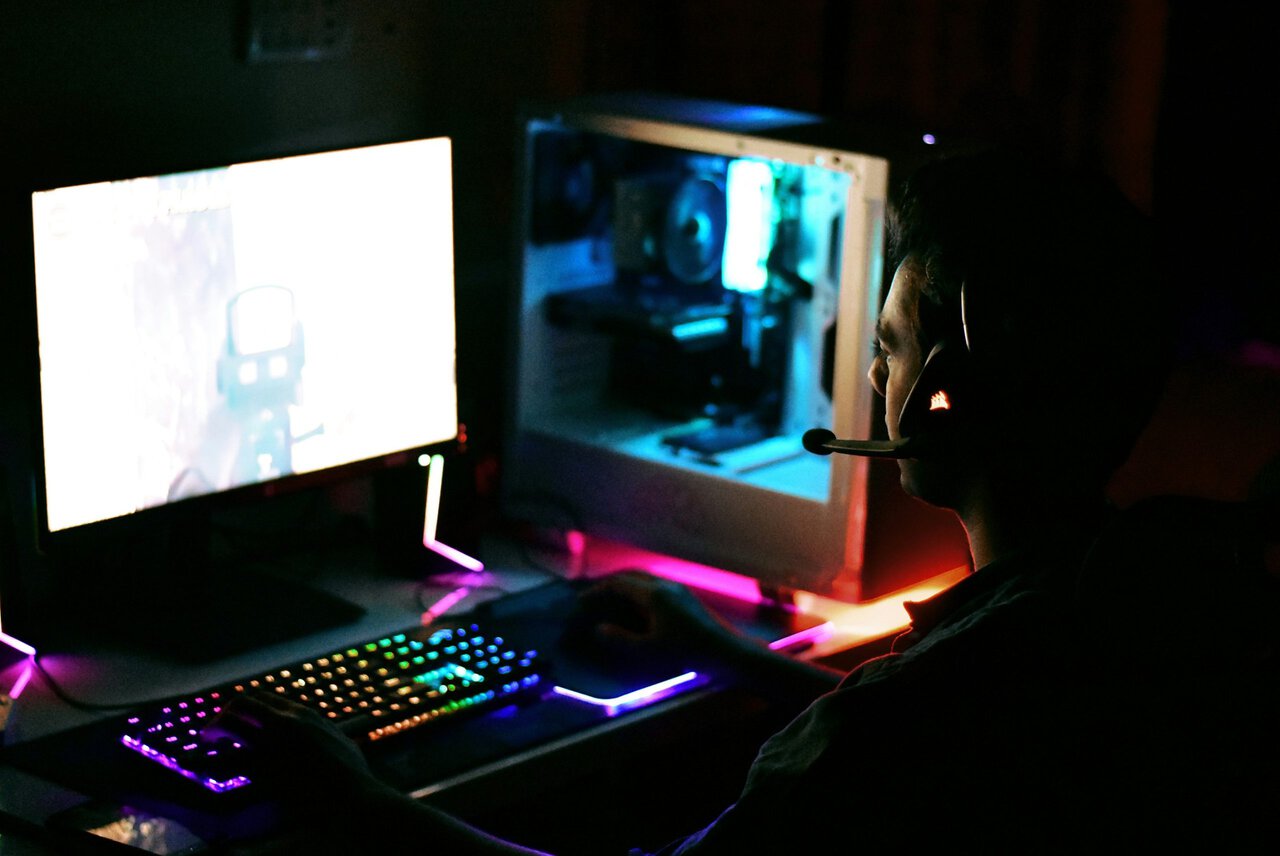If you’re a fan of Dragon Age: The Veilguard and have been enjoying the game on your PC, you may have encountered the frustrating issue of crackling or distorted audio. This issue can interrupt your immersion and overall gaming experience, making it difficult to fully enjoy the world of Thedas. Luckily, there are several solutions that can help you fix the crackling audio problem. Here’s how to tackle this issue step by step.
1. Check Your Audio Drivers
Outdated or corrupted audio drivers are a common cause of crackling sounds in games. Ensuring that your audio drivers are up to date can resolve many sound-related issues.
Steps to update audio drivers:
- Step 1: Right-click on the Start button and select Device Manager.
- Step 2: In the Device Manager window, expand the Sound, video and game controllers section.
- Step 3: Right-click on your audio device (e.g., Realtek, NVIDIA High Definition Audio) and select Update driver.
- Step 4: Choose Search automatically for updated driver software and allow Windows to check for updates. If an update is available, follow the on-screen instructions to install it.
- Step 5: Restart your computer to apply any changes.
If Windows doesn’t find an update, you can also go to your sound card manufacturer’s website (e.g., Realtek or ASUS) to download the latest drivers.
2. Adjust Audio Settings in Dragon Age: The Veilguard

Sometimes, adjusting the in-game audio settings can help eliminate crackling sounds. Here are a few settings to check and tweak:
- Step 1: Launch Dragon Age: The Veilguard and go to the main menu.
- Step 2: Navigate to Options and then Audio.
- Step 3: Lower the master volume and sound effects sliders slightly to see if the crackling reduces. Sometimes, the game’s sound engine may struggle with higher volumes.
- Step 4: If your game offers a choice of output devices, make sure it’s set to the correct device, such as your speakers or headphones.
Additionally, you might want to experiment with enabling or disabling the “Enable 3D Audio” or “EAX” (Environmental Audio Extensions) option if available.
3. Disable Audio Enhancements
Windows includes various audio enhancements like virtual surround sound, bass boosts, and more. While these features can enhance your listening experience, they may sometimes cause issues with certain games, especially when playing with certain audio drivers.
Steps to disable audio enhancements:
- Step 1: Right-click on the speaker icon in the system tray and select Sounds.
- Step 2: In the Sound window, go to the Playback tab.
- Step 3: Right-click your audio output device (e.g., speakers or headphones) and select Properties.
- Step 4: Go to the Enhancements tab.
- Step 5: Check the box that says Disable all enhancements.
- Step 6: Click Apply, then OK.
This should turn off any audio enhancements that might be causing interference with the game’s sound.
4. Change the Sample Rate and Bit Depth
Sometimes, the audio crackling in Dragon Age: The Veilguard can be linked to the sample rate and bit depth settings. Lowering the sample rate or changing the bit depth can help eliminate audio glitches.
Steps to change the sample rate and bit depth:
- Step 1: Right-click the speaker icon in your taskbar and select Sounds.
- Step 2: Go to the Playback tab, and right-click your default audio device.
- Step 3: Select Properties and go to the Advanced tab.
- Step 4: In the Default Format section, try changing the sample rate (e.g., from 48kHz to 44.1kHz) and bit depth (e.g., from 24-bit to 16-bit).
- Step 5: Click Apply and then OK to save your changes.
You can experiment with these settings to find the optimal configuration for your system.
5. Disable Exclusive Mode
Windows allows applications to take exclusive control of your audio device, which can sometimes cause issues in games. Disabling this feature can help resolve audio crackling.
Steps to disable exclusive mode:
- Step 1: Right-click on the speaker icon in the taskbar and select Sounds.
- Step 2: In the Playback tab, right-click your audio device and select Properties.
- Step 3: Go to the Advanced tab.
- Step 4: Uncheck the box for Allow applications to take exclusive control of this device.
- Step 5: Click Apply and then OK.
Disabling exclusive mode may fix the crackling issue by preventing the game from taking exclusive control over your audio device.
6. Verify Integrity of Game Files (via Steam or EA App)
If the issue persists, there could be corrupted game files causing the crackling audio. Verifying the integrity of the game files can help fix any issues with missing or corrupted files.
Steps for Steam:
- Step 1: Open the Steam client and go to your Library.
- Step 2: Right-click on Dragon Age: The Veilguard and select Properties.
- Step 3: In the Local Files tab, click Verify integrity of game files.
- Step 4: Wait for Steam to check and repair any corrupt files, then restart the game.
Steps for EA App:
- Step 1: Open the EA App and go to your game library.
- Step 2: Right-click on Dragon Age: The Veilguard and select Repair.
- Step 3: Wait for the app to fix any issues and then try launching the game again.
7. Check for Conflicts with Other Software
Sometimes, other software running in the background can cause conflicts with your game’s audio. This could include apps like Discord, sound management software, or even other games that use audio drivers. Try disabling or closing unnecessary applications to see if that resolves the issue.
8. Reinstall the Game
As a last resort, if none of the above methods work, you can try reinstalling Dragon Age: The Veilguard. Uninstall the game completely, restart your computer, and then reinstall it from scratch. This can help resolve any deep-rooted software issues that might be affecting your game’s audio.
Conclusion
Crackling audio in Dragon Age: The Veilguard on PC can be caused by various factors, including outdated drivers, software conflicts, and incorrect settings. By following the steps outlined above, you should be able to fix the issue and enjoy a smoother, more immersive gaming experience. If the problem persists, reaching out to the game’s support team or checking community forums for additional troubleshooting tips may be helpful.
